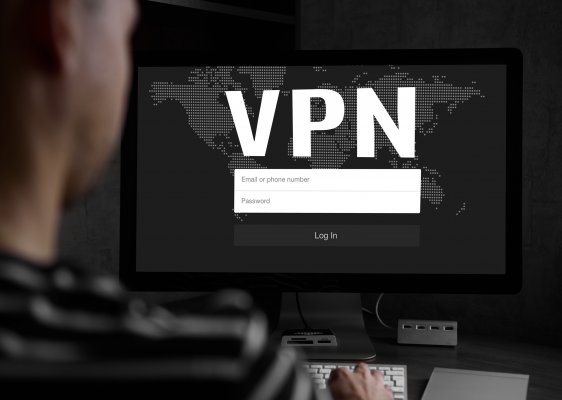The internet is slowly taking most of our information. Whether it is for personal use or for business purposes, our information is often stored online for different purposes. This is why it is becoming more and more dangerous for us to surf the internet. After all, hackers from different websites may be able to steal crucial information including names, addresses, and credit information through scams and malicious practices.
Virtual Private Networks or VPNs are the solutions for this. They allow us to browse online without having to expose our IP address. This is important because it ensures that we will not be tracked while online. After all, this address may show others our country of origin and the websites we visited if we are not careful.
How does a VPN work?
First, a VPN provider allows users to choose a specific country which they will use as their shown country of origin. A user from Europe may show his country to be the Philippines or Indonesia if servers from these are available. These servers, however, may be too full for you to use them. The number of allowed users inside depends upon your VPN provider.
After picking a country, any data you send online will first be encrypted and then sent to their server. They will then send this to the website of your choice. The encryption ensures that your information will not be accessed by anyone even if they manage to hack it. The whole process may take some time, though, if your internet connection is slow.
VPNs are especially important whenever you are uploading important and fragile information online. Public internet connections, in particular, are easily bypassed by hackers in order to gather information from users.
Should you pay for it?
While most VPNs require you to pay for you to use them, there are also some which offer their services for free. Examples include TunnelBear and Windscribe. These VPNs are not necessarily that far behind in terms of security. However, several factors must be considered before preferring them.
Pricing
The best reason to use a free VPN is because of its free price. After all, most VPNs charge within the range of $10 for each month. While this is not much, some may prefer to not pay at all as threats to online security may be avoided by simply using mainstream websites.
Features and security
This is when free VPNs are the weakest. After all, they only offer Point-to-Point Tunneling Protocol (PPTP) for their services which isn’t really that secure. PPTP is good at changing your specified country while online but it doesn’t necessarily protect you that much from hackers.
Some free VPNs also do not offer encryption for your uploaded information at all which makes them more of a proxy service rather than a VPN.
Paid VPNs use SSL encryption, Layer 2 Tunnel protocol, and IPsec combination in order to secure their users better. Aside from this, they also offer multiple servers all over the world, both virtual and physical. This allows you to have more variety whenever choosing even if some servers are already full. Free VPNs sometimes have too many users connected to their servers.
Integrity of service
Some are also pointing out that some free VPNs may be selling their users’ online activities in order to gain revenue. After all, maintaining servers and ensuring quality will always cost money. This is not true for all free ones, though, as some simply rely on ads.
Conclusion
In the end, free VPNs may be better for those looking to cut costs but will only use them for bypassing online geo-filters and country restrictions. For maximum online protection and good quality of service, it is always better to pay for your VPN.





